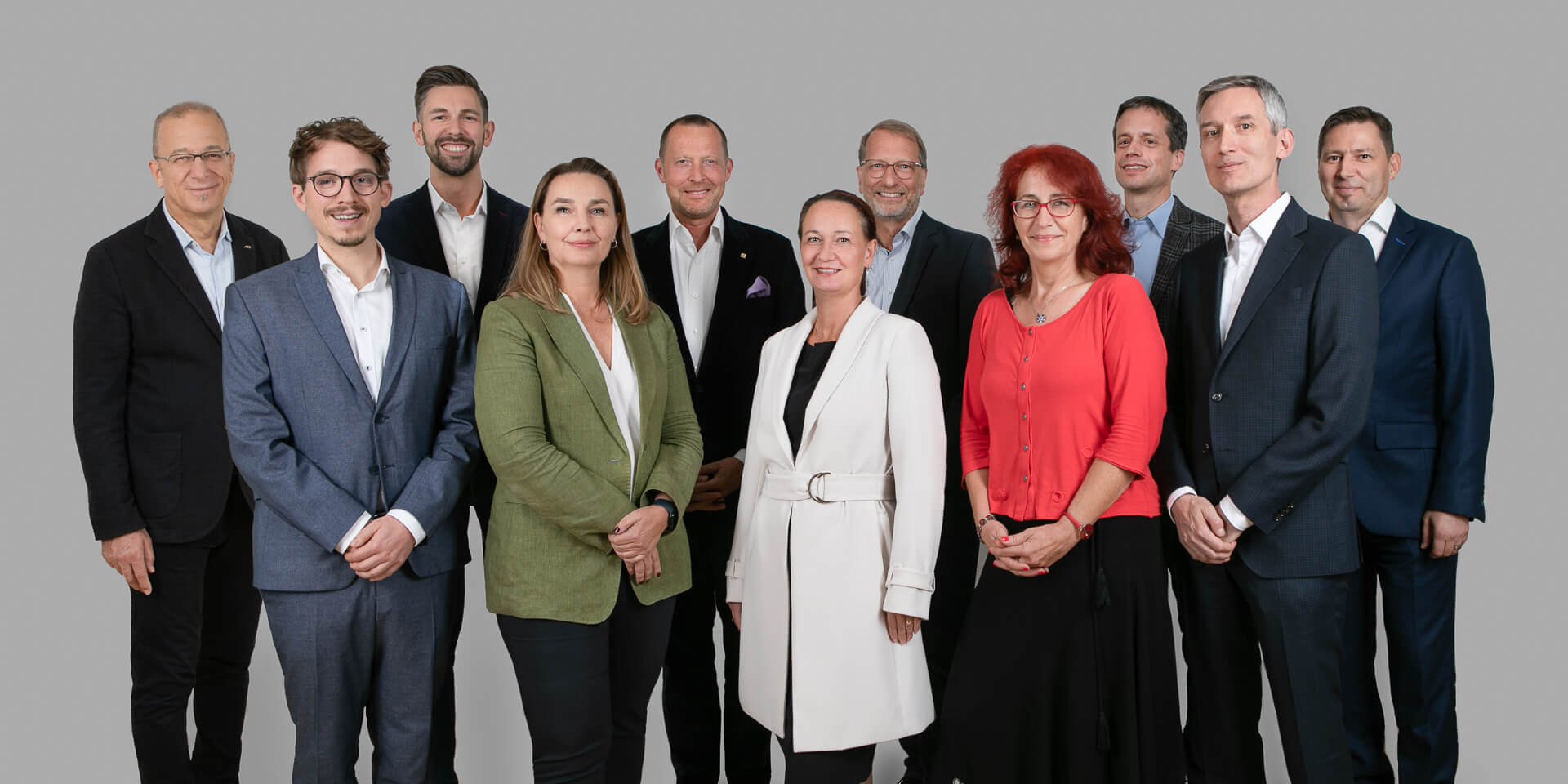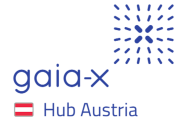„Gaia-X Hub Austria – Domain Tourism“
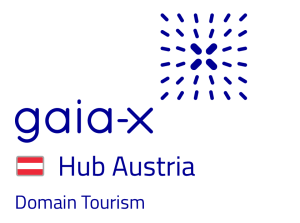
A central issue in the digitalization of tourism is the increasing interconnection of tourism offerings and services. Destinations, businesses, and tourism institutions are being digitally linked and integrated into various digital platforms. Modern tourism infrastructures continuously collect data and interact digitally with other actors along the tourism value chain. The next step toward a sustainable, efficient, and personalized tourism sector is cross-regional and cross-organizational data exchange (“data sharing”) between tourism organizations, technology providers, and various service providers from neighboring sectors.

(c) gettyimages
For the Austrian tourism industry, characterized by a wide range of regional specialties and specialized providers, data sharing holds significant potential for sustainable innovation and competitiveness.
However, the implementation of data sharing potential in Austrian tourism is still underdeveloped. In practice, data silos, isolated initiatives, and stand-alone projects still dominate. Moreover, numerous challenges persist, such as competing standards, different technological approaches, and a multitude of uncoordinated regional and national projects and initiatives. At the same time, human and time resources for engaging with data management and digitalization topics—especially in the field of artificial intelligence—are often limited in the Austrian tourism sector.
Limited personnel and time capacities often result in passivity among tourism stakeholders. Many wait for regulatory requirements or the specific demands of major partners before taking proactive steps. This reactive stance carries risks—in the short term due to resulting knowledge gaps, in the medium term through missed opportunities, and in the long term through diminished international competitiveness.
This is where the Gaia-X Hub Austria’s Tourism Domain comes in. Together with relevant stakeholders such as the Austrian National Tourist Office, the Austrian Institute of Technology (AIT), the Data Intelligence Offensive (DIO), and datahub.tirol, the Gaia-X Hub Austria supports the development of decentralized data ecosystems and pursues shared goals:
• Building a common knowledge base on data sharing in tourism: Collecting, preparing, and making accessible information about successful projects, relevant standards, and international best practices.
• Exchange of experiences and network building: Regular events and discussion rounds connect Austrian stakeholders and enable links to European initiatives and projects—especially beyond the tourism domain.
• Tourism Domain as a central hub: The initiative is being established as a go-to resource for information, networking, and practical implementation projects related to tourism data spaces.
The connection with existing structures and organizations is essential:
• European networks: Integration of Austrian tourism stakeholders into European data space initiatives such as the “European Tourism Data Space” and EU-funded projects (e.g., DEPLOYTOUR).
• National networks: Leveraging experiences from other industries and initiatives such as the Tourism Data Space (national level), datahub.tirol (regional level with Tirol Werbung), Event Data Space Austria, or the Data Intelligence Offensive (DIO).
• Standardization initiatives: Supporting and actively shaping international standardization efforts (e.g., GAIA-X, IDSA, Open Data Tourism Alliance (ODTA), schema.org).
• Research initiatives: Collaborative projects with academic institutions and research partners to further develop data-driven solutions for the tourism industry.
• National and regional flagship projects: Supporting and connecting successful initiatives such as datahub.tirol and nationwide projects like “Climate Change Explorer” and overnight stay forecasts (“Forecasting”).
To implement the “Gaia-X Hub Austria: Tourism Domain” initiative, the following steps are planned:
Targeted network development: Collaboration and close coordination with tourism organizations (DMOs, LTOs) and actors outside the tourism domain:
o Economic and location development agencies
o Initiatives such as datahub.tirol
o Data Intelligence Offensive (DIO)
o Startups
o Tourism associations
o Technology providers and service companies
Dissemination of nationally and internationally compatible standards:
o Data Space with EDC (compatible with the Tourism Data Space, Event Data Space Austria, or datahub.tirol)
o Data standards and models based on schema.org and the Open Data Tourism Alliance (ODTA) https://open-data-germany.org/ueber-die-odta/
Whitepaper: Data Governance for Tourism Governance
